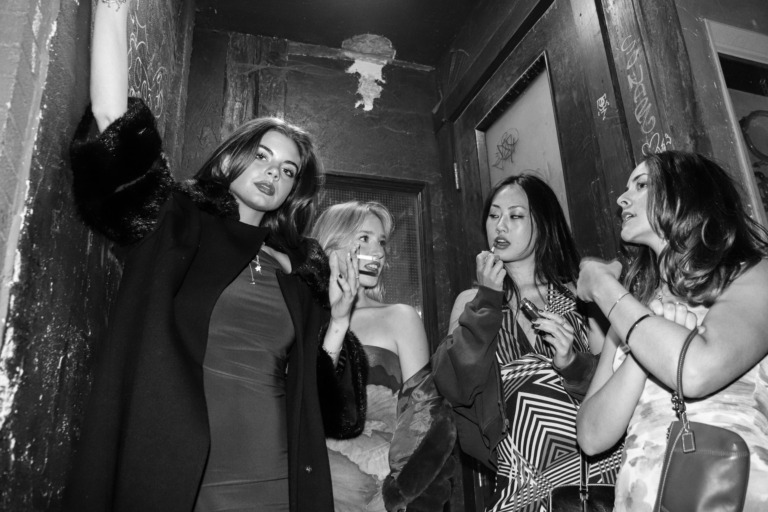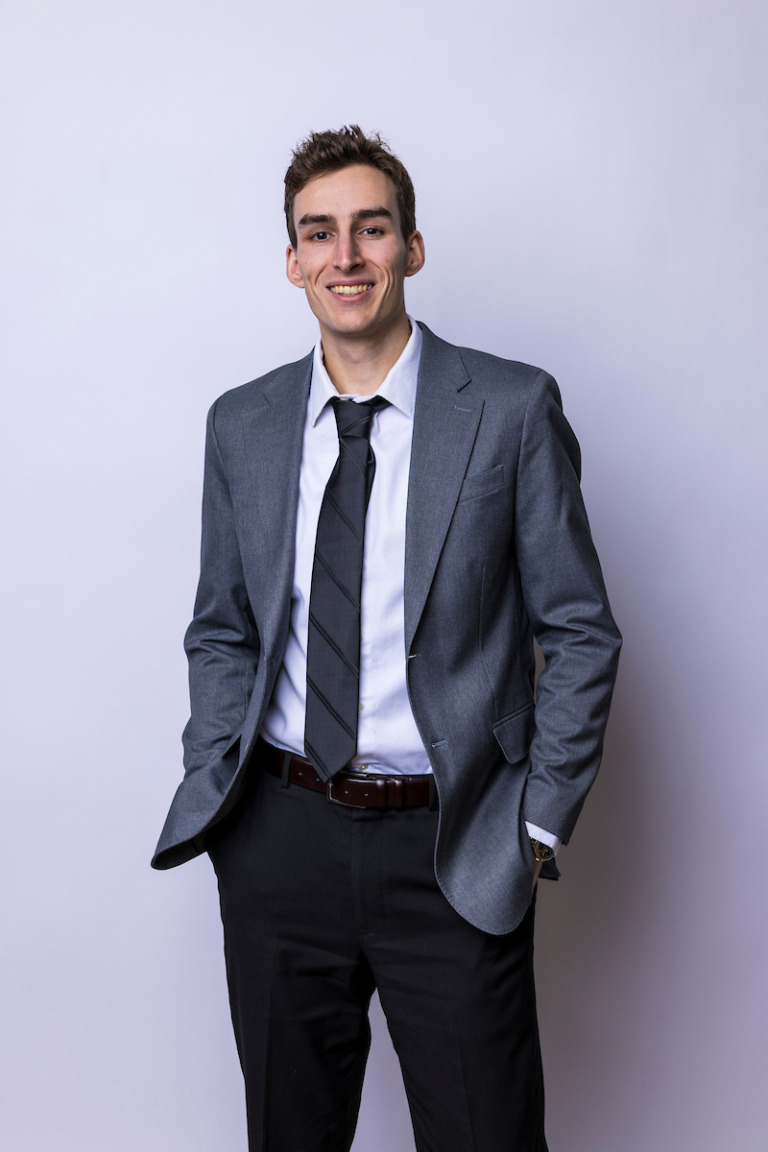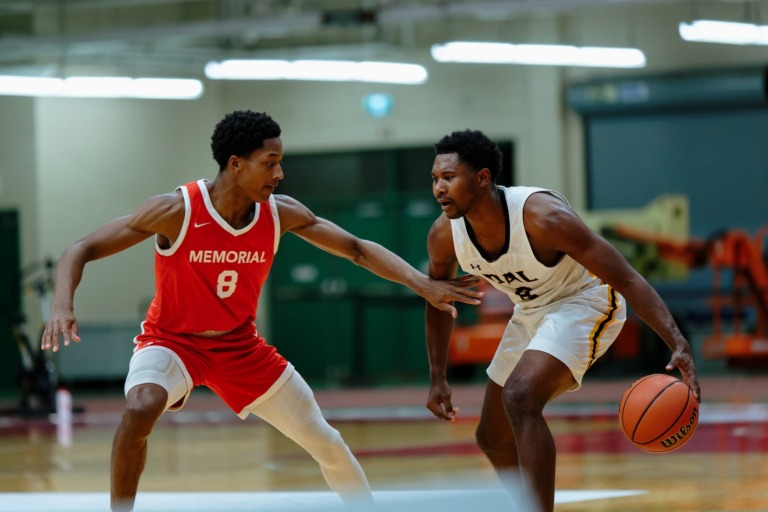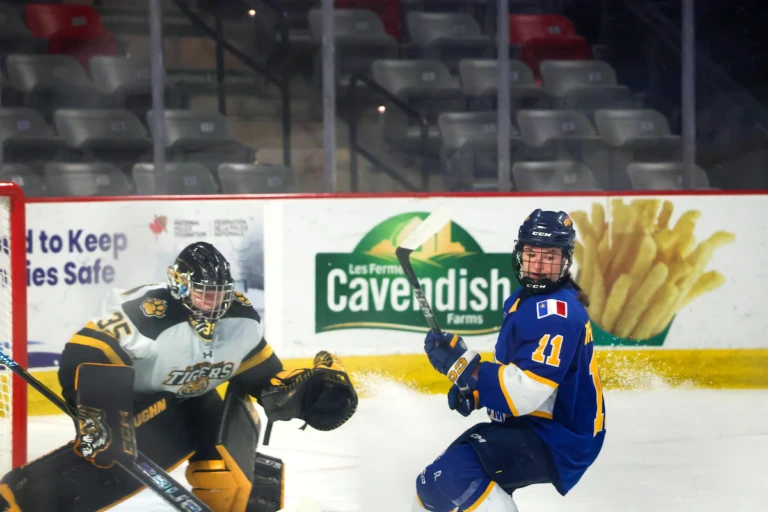
Hocus Bipocus
Aisha Abawajy brings on BIPOC magic to shed light on campus racism–starting with her new society
Racism.
A pretty scary word isn’t it? When considering the ways in which racism can play out and the devastating effect it continues to have on the lives of Black, Indigenous and People of Colour (BIPOC) worldwide it is clear that something must be done.
What’s fascinating to me is that people are more afraid of being labelled a racist, than of actual acts of racism. Folks are so quick to excuse the racism of their friends, colleagues, institutions and representatives because racism is bad and therefore only bad people are racist.
Your friend Ethan isn’t a bad person even if they say the N-word while singing along to rap music–even though they are not Black. Your co-worker Jessica? They are a sweetheart with a dreamcatcher company. They are very successful, though they are profiting off elements of an Indigenous culture they do not belong to, stripping the art of its deeper meanings turning it into a mere piece of decor. Your family friend Chris sits on a university board and votes against a motion to increase representation of Black, Indigenous and Scholars of Colour studied in Canadian History. They think it will be too time-consuming and only the “Fathers of Confederation” have something valuable to contribute to academic discussions.
Nice people can be racist.
Silence is violence.
People can’t be simplified down to being racist or not racist. Racism can manifest itself through unintentional actions. Racism perpetuated by individuals exists on a spectrum. The casual, seemingly-harmless racist comment is what allows insidious overt racism to fester and thrive in society.
People need to take a more active role in eradicating racism. If your only concern is to not be labelled racist, you are complicit. Especially if you are in a position of power like a student leader–or letting racism slide among friends, family and colleagues. Folks who choose to stay silent–willfully ignorant or not–act as gatekeepers allowing racism to continue on our campuses and in greater society.
Racism is scary and far more so for those who deal with it daily. Racism in a post-secondary institution is its own brand of horror story. Here, we deal with institutions that claim to prioritize ‘diversity’ and ‘inclusion’ yet consistently fail to support and make space for Black, Indigenous and students of colour.
I personally dislike the words diversity and inclusion. Similar to multiculturalism or colour-blindness these buzzwords aim to simplify social structures that have existed for centuries and minimize the real and complex experiences of BIPOC students on our campuses. They insinuate that these complex problems have easy solutions – a photo-op here, a watered-down land acknowledgment there–and you’ve ticked off all the boxes.
We forget that when we celebrate Dalhousie University’s 200th anniversary, we are celebrating 200 years of white men’s education. Addressing racism at Dal means embracing the past, acknowledging the existing legacy and doing better.
Challenging institutional racism means re-examining how the systemic, institutional, interpersonal and internal racism exist and intermingle. It means using an intersectional lens–the overlapping way multiple marginalized identities create unique experiences–to understand the deep roots of injustice. It means putting funding and support behinds programs created by us and for us. When supports and programs are created for us, but without us, they miss the mark and often patronize us and the problem lacking substance and real-world feasibility. It means creating a campus where we don’t experience racism from our fellow students, professors and administrators.
It means taking the lead for Black, Indigenous and students of colour on what our vision of a just campus looks like.
I created the Dalhousie Black, Indigenous and People of Colour Caucus (BIPOCUS) to fill a void I noticed on campus. In my time at Dalhousie, I’ve experienced anti-black racism. And as a student leader and organizer, it’s quite astonishing to see all the roadblocks in place set to discourage BIPOC folks from pursuing these positions and doing good work to support their communities.
Often ‘diverse’ people in leadership roles are praised as an example of Dalhousie and the DSU’s progressiveness. Yet, we are expected to continue with business as usual. Folks who try to point out policies that disadvantage marginalized students or bring attention to the different ways that marginalized students connect to their peers and to the campus community, are labelled as aggressive, too political or stepping out of their lane.
I have been extremely lucky to have badass Black and Indigenous women and femmes of colour stand by my side, validate my experiences of anti-blackness in the institution and be my personal cheerleading squad.
BIPOCUS was born out of our collective vision to create a strong BIPOC community where we don’t have to agree on our politics. Where we experience the intersections of race, gender, religion, class, sexuality differently. Yet we stand united in the fact that we all deserve to attend a university that values our lives and our communities. A university that holds our traumas and hopes. A place where we thrive together.






